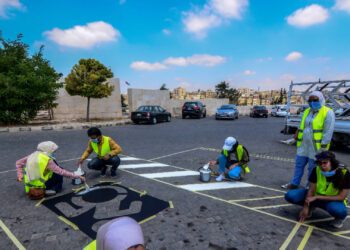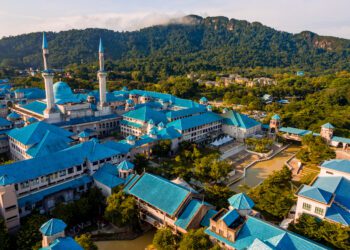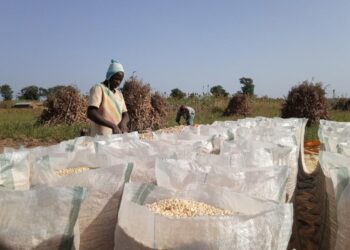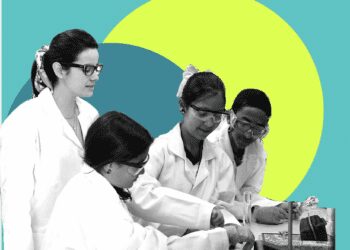
Shortly before Africa Day, Communications and Outreach Manager, Jenna Maurer, sat down with Yavi Madurai, Executive Director of the Pan African Women’s Business Association (PABWA). Madurai explains how crucial changing the psyche of youth in Africa will be for the future of the world; they must understand that they are worth it and deserve the resources that youth leadership development programs provide.
Can you briefly describe PABWA?
PABWA is a think tank for economic transformation with an official focus on women and youth. We focus on democratizing access to education and financial participation, whether that means jobs, access to international opportunities, or opportunities locally or domestically. We have developed policy briefs, white papers, green papers, and research papers in terms of how we do all the things we should be doing for Africa’s economic transformation.
How do you think that PABWA’s and Aspire’s missions align and why did you choose to partner with Aspire Institute?
It aligns specifically with our goal of democratizing access and education information. We don’t have an ivy league culture in Africa. For us to partner with Aspire was for us to get that. An ivy league culture is being able to take your education to the next level, access alumni, opportunities, [and] things we would not normally have access to as Africans. For me that was important, to provide that to the world’s youngest continent.
70% of our continent is under the age of 35. This says to me that the future of the world rests with the continent of Africa.
Our goals are aligned, our heads are aligned, and most importantly, our hearts are aligned.
Do you have a good example of something that you have seen other organizations or PABWA do to impact youth in Africa recently?
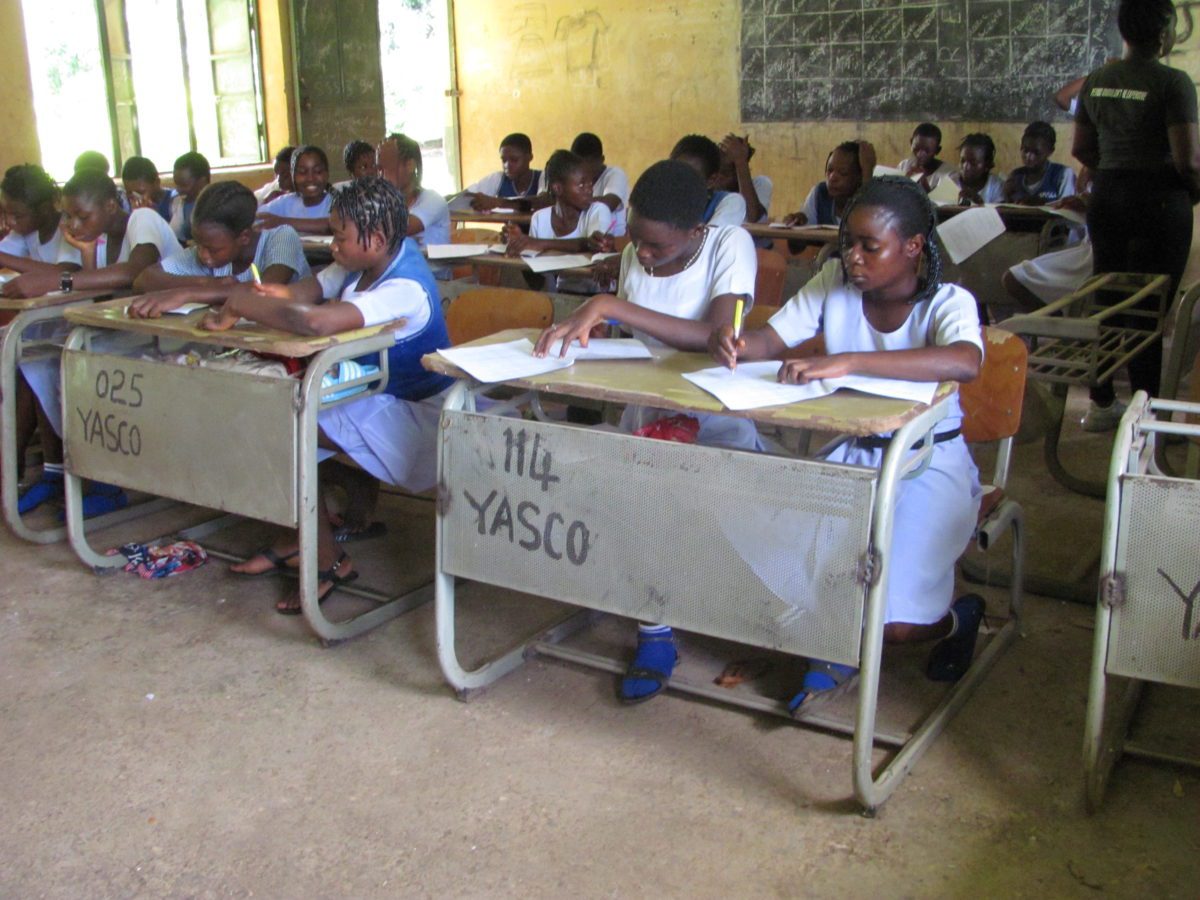
Absolutely. Access is so crucial, but you don’t know how important it is until you don’t have access. A lot of the foundation work that is being done in Africa is around leadership and youth leadership, getting them ready to take over and remove the issues around corruption, conflict, women issues, children, and the girl child. For the girl child to go to school in some parts of Africa is impossible, it’s not even allowed.
If you looked across the continent, at last count we had over 1,000 organizations for youth.
I think the opportunity for organizations like [Aspire Institute] is to be able to look at how we incorporate it into a sustainable program, how we incorporate them into a global network, how we create opportunities for them to be able to come back to the continent and assist in leadership or advising.
That is our goal, to think about how [Aspire] students participate in our program then go back and make a change [in their community]. They can make a large impact [in Africa], because they are 70% of the population.
I think that the ability for this program to make an impact is massive.
The biggest challenge has been getting the youth of Africa to understand how immense this opportunity is for them; how crucial it is going to be in the future and what that means to the continent of Africa.
I wish we could put somebody into the future and brings them back [to] tell their story.
Most of our youth live below the poverty line, below the bread line. As an African person sitting in a shack or in a place that is so remote, you don’t think it is possible.
Right.
To me, I was raised by a dad who said to me the color of my skin and my gender did not determine where I would end up in the world, and I was born in apartheid South Africa where I was technically useless, because I had melanin in my skin.
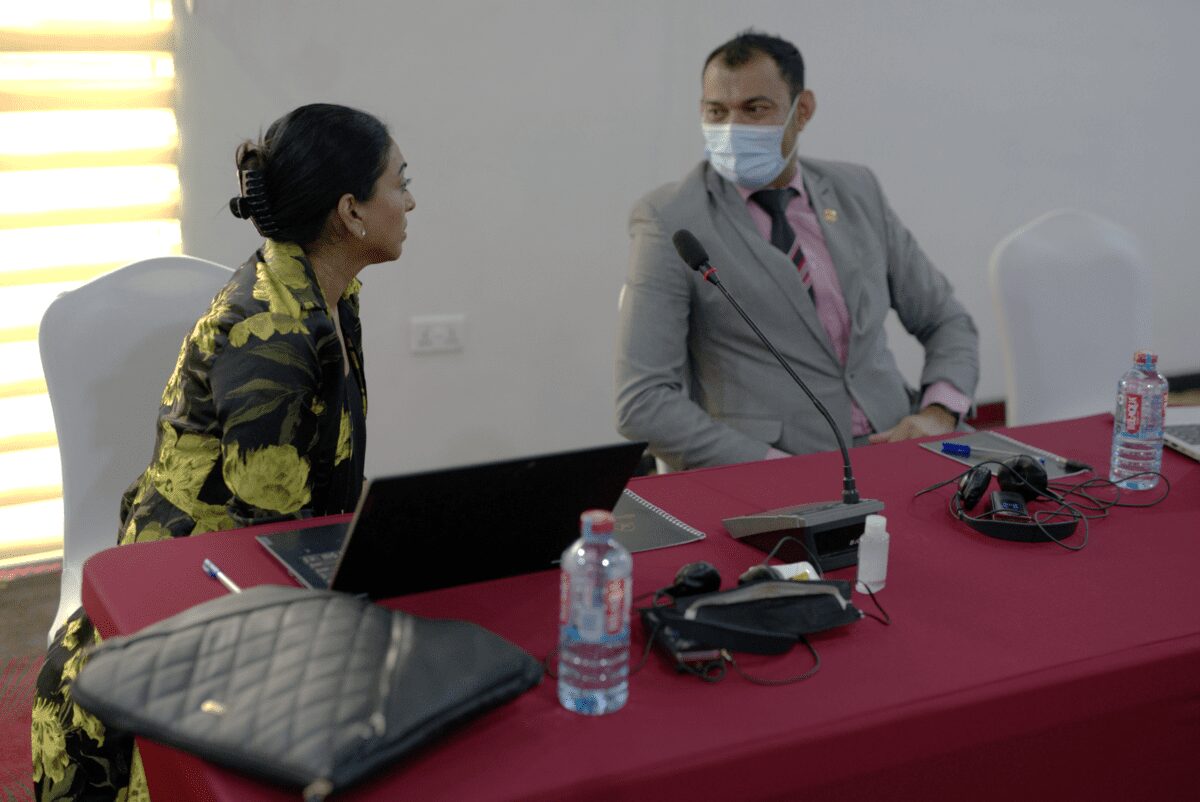
Unless you are conditioned to believe it is possible, which is a rarity in our parts of the world, people don’t believe it is possible.
I think that is one of the hardest things, to make someone believe that they are worth it—and that is what we want to do.
It is changing the mindset of an entire continent of 1.3 billion people. They live in their heads around the fact that they are African, they don’t have access.
I am an activist, more than I am just the Executive Director of PABWA. If this is the continent that we hand over to the next generation, then I am embarrassed that I was here and didn’t do anything about it. So, whatever I can do, this is what we are trying to do from a PABWA aspect.
Therefore, the partnership with Aspire [is important], because it gives us the opportunity to change that generational legacy, to change and break certain cycles. I am looking forward to the journey in changing and breaking those generational cycles and what that could look like for the youngest continent in the world.
These are the kind of things that we have the opportunity to do in a continent like ours purely because by 2050, 1 in 2 of the global workforce [will] be African.

